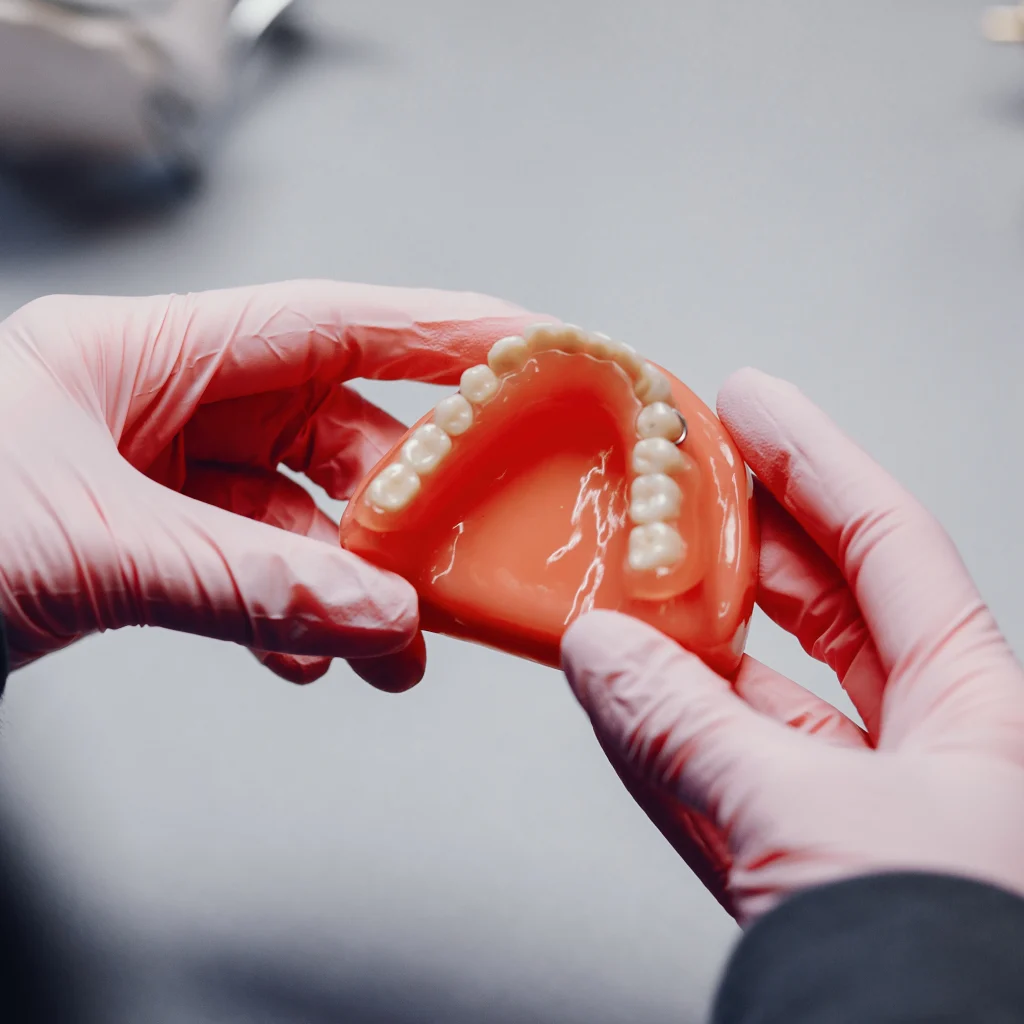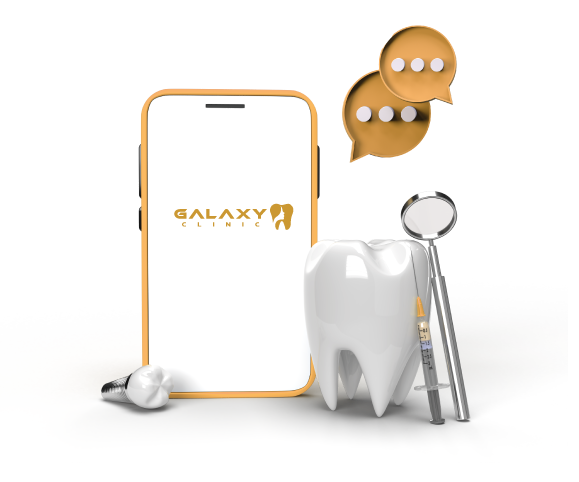Causes and risk factors for oral cancer
The definition of oral cancer
Mouth cancer is cancer that occurs in any part of the mouth which is known as oral cavity. Mouth cancer can develop on the lips, gums, tongue, inner lining of the cheeks, roof of the mouth, floor of the mouth (under the tongue).
Mouth cancer is one of many kinds of cancer and it’s the most common form of neck and head cancers. Mouth cancer and other head and neck cancers are frequently treated in the same way.
Oral cancer affects whom?
Oral cancer typically affects people aged 60 and older, and it affects around 11 persons out of every 100,000 people. Oral cancer is more common in men than in women and white people are more prone than Black persons to have mouth cancer.

What are the causes of oral cancer?
Cancer of the mouth occurs when the DNA of cells in the lips or mouth undergoes mutation.The DNA of a cell regulates the instructions that inform the cell what to do. When healthy cells die, the genetic modifications signal them to keep growing and dividing, which causes tumor growth as abnormal oral cancer cells accumulate. They may spread within the mouth and to other areas of the head and neck, as well as other parts of the body, over time.
7 risk factors that increases the risk of oral cancer
The following factors can raise your chance of developing mouth cancer:
- Tobacco use in any form, including cigarettes, pipes, chewing tobacco, and snuff.
- Heavy alcohol consumption.
- Excessive exposure to the sun, especially on the lips.
- Human papillomavirus -which is sexually transmitted virus- (HPV)
- Immune system disorders.
- History in the family of mouth cancers.
- Bad oral hygiene and gum disease.
What can I do to prevent developing oral cancer?
Many things can be done to avoid oral cancer, here are some:
1- If you smoke, chew tobacco, or use a pipe, consider quitting or reducing your use.
2- If you drink alcohol, try to reduce the amount until you can stop it completely.
3- Remember to use a UV rays sunblock.
4- Take a human papillomavirus vaccination.
5- Follow a well-balanced diet.
6- Make sure to frequently check up on your teeth.
People between the ages of 20 and 40 should get an oral cancer screening every three years, while those above 40 should have yearly checks.
What should you know about oral cancer?
Oral cancer has many symptoms, here are some of them;
- Having a sore in the mouth that doesn’t heal.
- Having pain in the mouth that doesn’t go away.
- Appearance of thickening in the mouth, or any part of it.
- Patches (white or red) on any part of the mouth.
- Chewing or swallowing problems.
- Having troubles in moving the jaw or tongue.
- Numbness in any part of the mouth.
What you should know is that many of these signs and symptoms can be caused by diseases other than cancer or even other types of cancer.
However, it is very important to see a doctor or dentist if one of these symptoms persists for more than 2 weeks so that the cause can be found and, if necessary, treated.
References:
https://www.cancer.org.au/cancer-information/types-of-cancer/mouth-cancer
https://my.clevelandclinic.org/health/diseases/11184-oral-cancer


